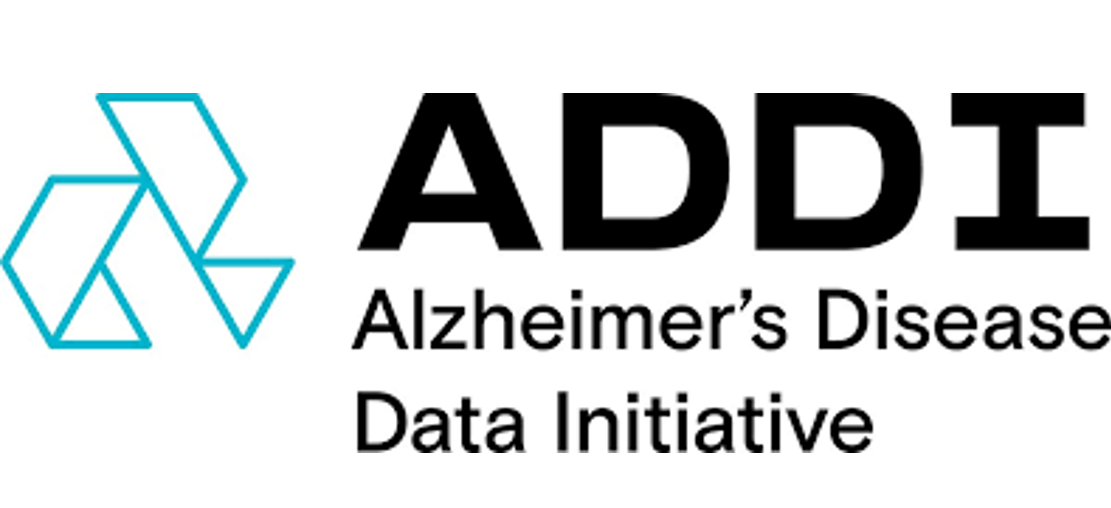AMYPAD has generated a large amount of high value data for the research community. In order to facilitate research collaboration within AMYPAD and to support external researchers, data are available via collaborative workspaces. These data set releases only include de-identified and cleaned data.
AMYPAD Diagnostic and Patient Management Study (DPMS)
Recruitment of the DPMS ended in October 2020. The AMYPAD-DPMS data are stored on a consultation and archive portal (Yareta at the link here) following the FAIR principles, and is available through Yareta upon request.
AMYPAD Prognostic and Natural History Study (PNHS)
The AMYPAD PNHS dataset is hosted in the Alzheimer’s Disease Data Initiative (ADDI) Workbench, with the first internal data release made in November 2021 and the first public external data release made in June 2023.
AMYPAD offers a way of accessing the PNHS data to academic researchers, institutions and companies from all over the world. This is shared through secure online Workspaces and you will need to make a formal request to access the imaging, clinical, and biomarker data for scientific research investigation and/or educational activities. The application can be performed via the FAIR Data Service of the Alzheimer’s Disease Data Initiative (ADDI).
You can find the data access request procedure for the AMYPAD PNHS here.
If you are requesting access to the AMYPAD PNHS, you should accept the responsible use of the data under the terms described here.
If you publish results that were generated using the AMYPAD PNHS data, it is mandatory to acknowledge the AMYPAD Consortium and the grants that supported this IMI project. More details are provided in the document here, which outlines the policies for publication and the publication credits for those who use the AMYPAD PNHS data.
About the AMYPAD PNHS Data
The AMYPAD PNHS data collection is a combination of prospective and historical data from multiple European sites in Belgium, France, Germany, Spain, Sweden, Switzerland, The Netherlands and The United Kingdom. These sites have provided information through 11 parent cohorts, including EPAD LCS, EMIF-AD (60++ and 90+), ALFA+, FACEHBI, FPACK, UCL-2010-412, Microbiota, DELCODE, H70 and AMYPAD Diagnostic and Patient Management Study (DPMS).
The current dataset includes a total of 3,368 participants. Of them, 1,620 underwent a baseline amyloid PET that includes the visual read and the Centiloid quantification (1,476 subjects), among other metrics. Moreover, 888 participants have (at least) one follow-up PET scan, 763 of them with Centiloid quantification. The participant’s clinical outcomes (e.g., cognition), disease (imaging) biomarkers, risk factors (e.g., genetics and environmental), and other relevant variables are included in the dataset. The dataset is planned to be further expanded, both in terms of parent cohorts and in available data (e.g. quantification of advanced MRI sequences, genetics, blood biomarkers, etc.).
